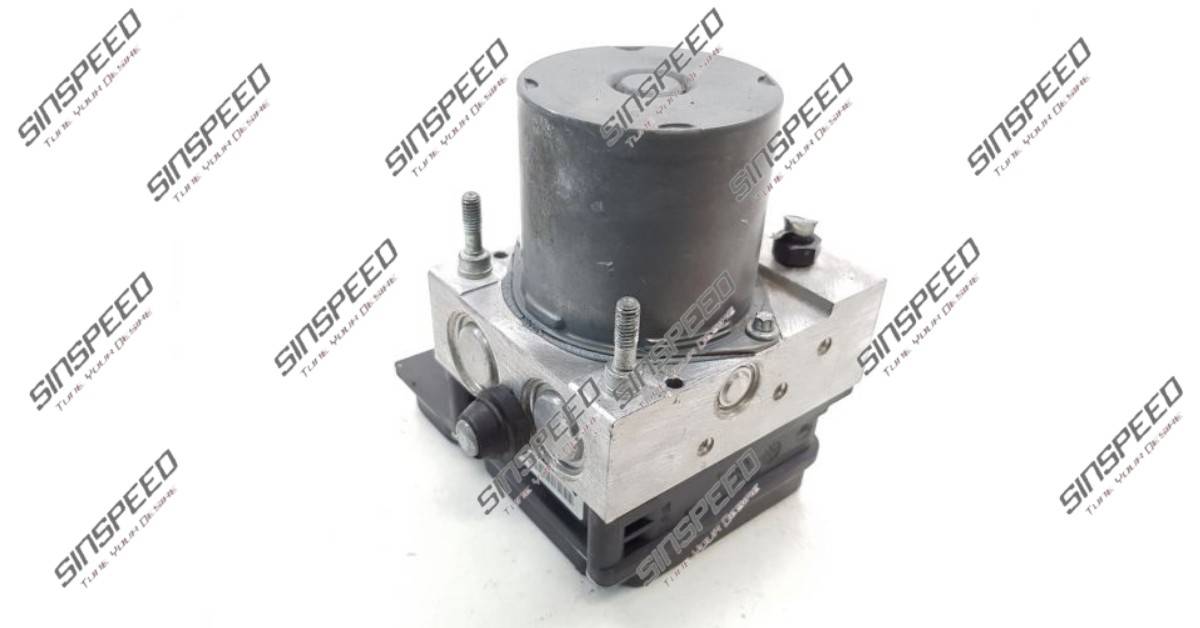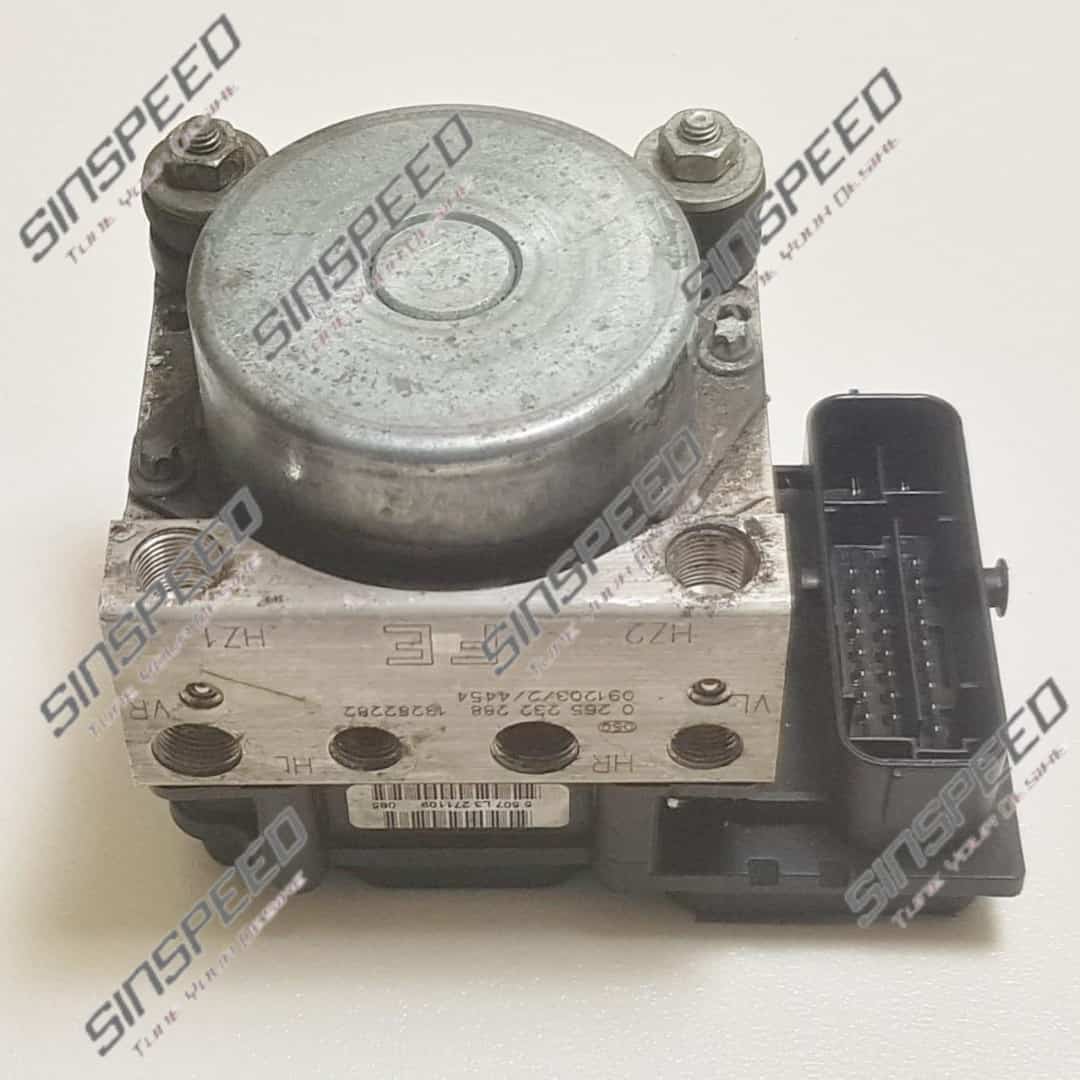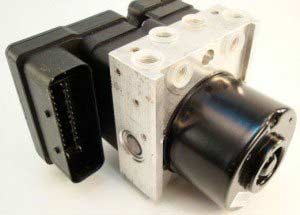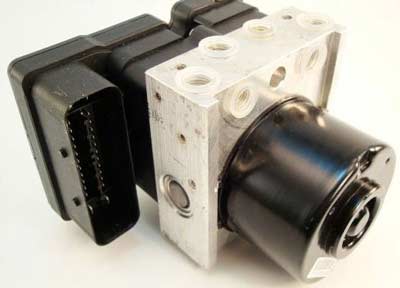Audi A1 DSG Gearbox ECU Repair
Sinspeed’s Solution: Restoring Your Audi A1 with DSG Gearbox ECU Repair When your Audi A1 encounters gearbox troubles, Sinspeed steps in to provide the solution. Let’s delve into how our expertise can resolve issues with the DSG Gearbox ECU in your vehicle and the common problems that you…





